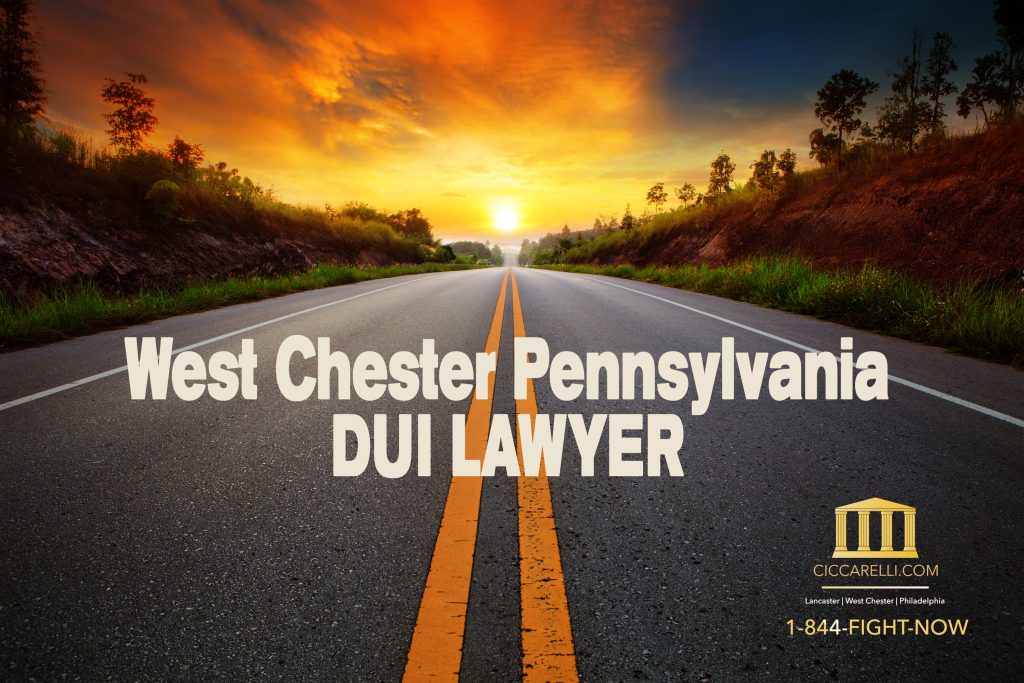Driving under the influence (DUI) and driving while intoxicated (DWI) are serious offenses that can result in fatalities, injuries, property damage, and legal penalties. To curb drunk driving, law enforcement agencies in Pennsylvania have been using sobriety checkpoints and DUI/DWI roadblocks to deter and catch drunk drivers. However, some drivers and civil liberty advocates argue that these tactics are unconstitutional and violate their rights to privacy, due process, and freedom from unreasonable searches and seizures. So, are DUI/DWI roadblocks and sobriety checkpoints legal in Pennsylvania? Let’s explore the legal framework and implications of these measures.
First, it’s important to understand what sobriety checkpoints and DUI/DWI roadblocks are and how they operate. Sobriety checkpoints are stationary checkpoints where law enforcement officers stop motorists randomly or systematically without suspicion to check for signs of intoxication, such as slurred speech, glassy eyes, odor of alcohol, and erratic driving. DUI/DWI roadblocks are mobile checkpoints where officers set up a visible police presence on a public road and stop vehicles momentarily to ask for a driver’s license, registration, and insurance proof, and to conduct a quick visual inspection of the driver and the vehicle.
Second, let’s examine the legal basis and justification for sobriety checkpoints and DUI/DWI roadblocks. According to the U.S. Supreme Court, sobriety checkpoints are legal under the Fourth Amendment, which prohibits unreasonable searches and seizures, if they meet certain criteria: they must be authorized by a high-level government official, implemented pursuant to a neutral and objective plan, and conducted in a minimally intrusive manner. The Supreme Court reasoned that the government’s interest in preventing drunk driving, which is a serious public safety concern, outweighs the intrusion on individual privacy.
In Pennsylvania, sobriety checkpoints are permitted under the case law of Commonwealth v. Tarbert, 517 Pa. 277 (1987), as long as they comply with the guidelines set forth in the Pennsylvania State Police Operations Manual, which require, among other things, a pre-established method of selecting vehicles to be stopped, a visible warning sign to alert drivers, and a clearly marked location. Likewise, DUI/DWI roadblocks are lawful in Pennsylvania if they meet the same criteria as sobriety checkpoints, as well as additional requirements such as the presence of a supervisor, an established observation area, and a written policy that specifies the purpose and scope of the checkpoint.
Third, let’s look at the practical implications and effects of sobriety checkpoints and DUI/DWI roadblocks in Pennsylvania. According to the Pennsylvania Department of Transportation (PennDOT), there were 22,139 DUI arrests and 1,330 alcohol-related crashes in the state in 2019, which indicated a 13% increase from the previous year. Sobriety checkpoints and DUI/DWI roadblocks can deter drunk driving by raising awareness of the risks and consequences of the offense, providing a visible reminder of law enforcement presence, and increasing the likelihood of arrest and conviction for violators. Moreover, these measures can promote public safety by reducing the number of alcohol-related crashes and fatalities and by sending a message that drunk driving is not acceptable behavior.
Fourth, let’s consider the potential drawbacks and criticisms of sobriety checkpoints and DUI/DWI roadblocks in Pennsylvania. Some drivers argue that these measures are intrusive, unfair, and arbitrary, and that they violate their constitutional rights and due process. Moreover, some civil liberty advocates claim that sobriety checkpoints and DUI/DWI roadblocks disproportionately target certain groups, such as minorities and low-income individuals, and that they can lead to racial profiling, harassment, and misconduct by law enforcement officers. Additionally, some legal experts question the effectiveness and efficiency of sobriety checkpoints and DUI/DWI roadblocks, noting that they can be circumvented by drunk drivers who avoid the checkpoint or who use alternative routes to evade detection.
In conclusion, DUI/DWI roadblocks and sobriety checkpoints are legal in Pennsylvania, provided that they comply with certain criteria and guidelines established by federal and state courts and laws. While these measures may pose some challenges and criticisms, they can also serve as a valuable tool in reducing drunk driving, preventing crashes, and promoting public safety. As responsible drivers, it’s important to comply with the law and to avoid driving under the influence of alcohol or drugs, both to avoid legal penalties and consequences and to protect ourselves and others on the road.
You need more than just one good DUI lawyer. You need the best. You need a team of experienced DUI lawyers fighting for you. Contact Lee Ciccarelli, and his team of West Chester, Pennsylvania DUI lawyers.
Watch out. There’s a lot of former prosecutors boasting about their experience: experience putting people just like you behind bars. Instead, look to Lee Ciccarelli and his team with nearly 100 years of experience fighting for clients facing the penalties of a DUI.
Contact Chester County DUI Defense Attorney
It may be possible to fight your Pennsylvania DUI charge and win, but you’ll never know if you plead guilty without first exploring your options. Ciccarelli Law Offices can review your case to determine whether the local Pennsylvania district attorney’s case has weaknesses that are open to challenge. We will prepare each case as though it is going to trial to insure preparation and thorough understanding and will take the case to trial if you are not satisfied with the resolution that is offered. We strive to be zealous advocates and always try to obtain the best results for our clients.
We are based in West Chester PA (Chester County) in Suburban Philadelphia and represent individuals charged with Drunk Driving, DUI, Driving After Imbibing cases Throughout Pennsylvania including but not limited to Philadelphia, Lancaster, Allentown, Oxford Exton Phoenixville Parkesburg Malvern Coatesville Lionville Chesterbrook Devon Newtown Square Glen Mills Pottstown Downingtown Kennett Square King of Prussia Paoli and beyond.
You deserve a West Chester Pennsylvania DUI lawyer that is available when you need him, treats you with respect, and protects your rights vigorously. For more information or to schedule an appointment with an experienced Pennsylvania DUI Attorney at Ciccarelli Law Offices, by contacting us at (610) 692-8700 or toll free at (877) 529-2422.

